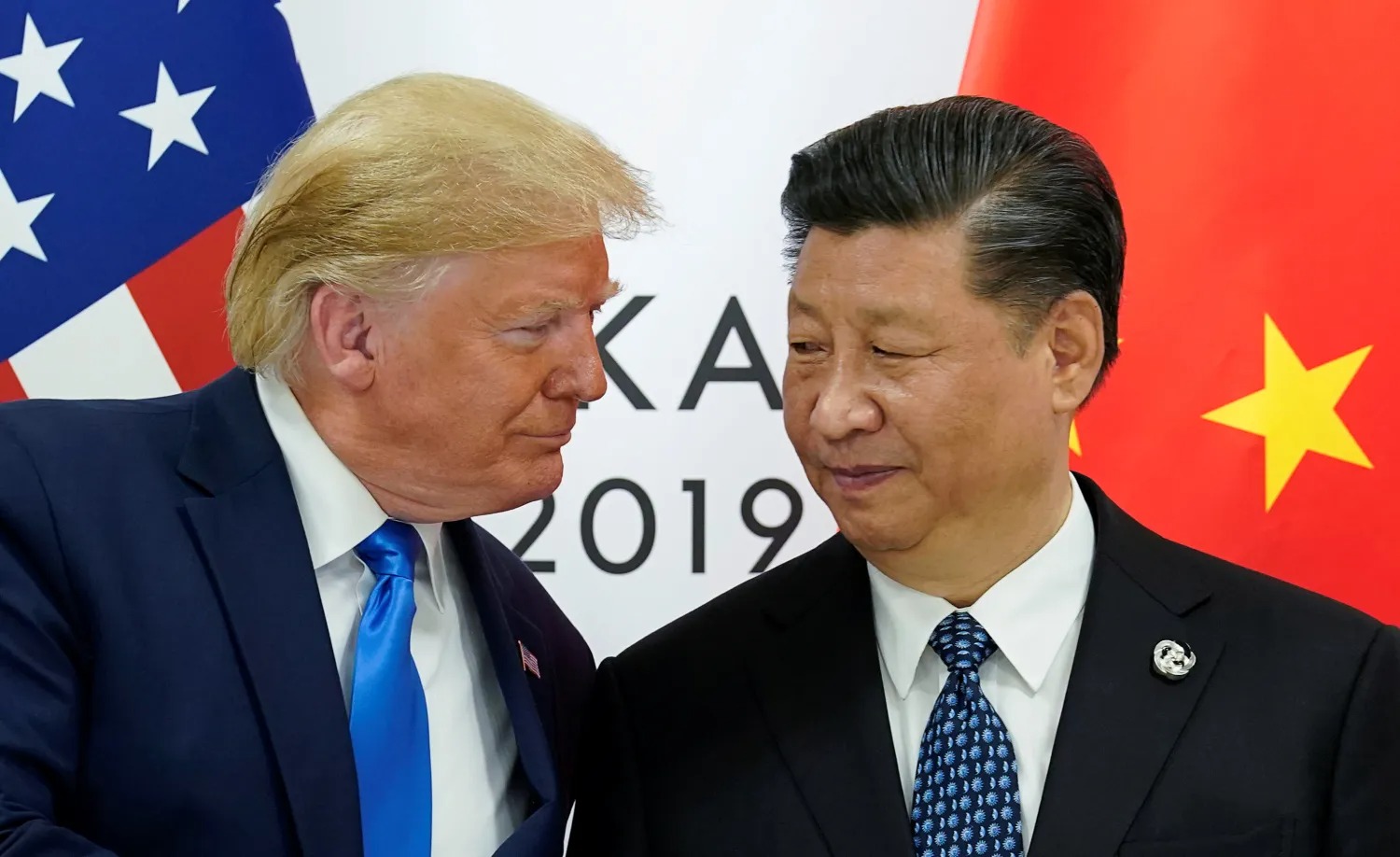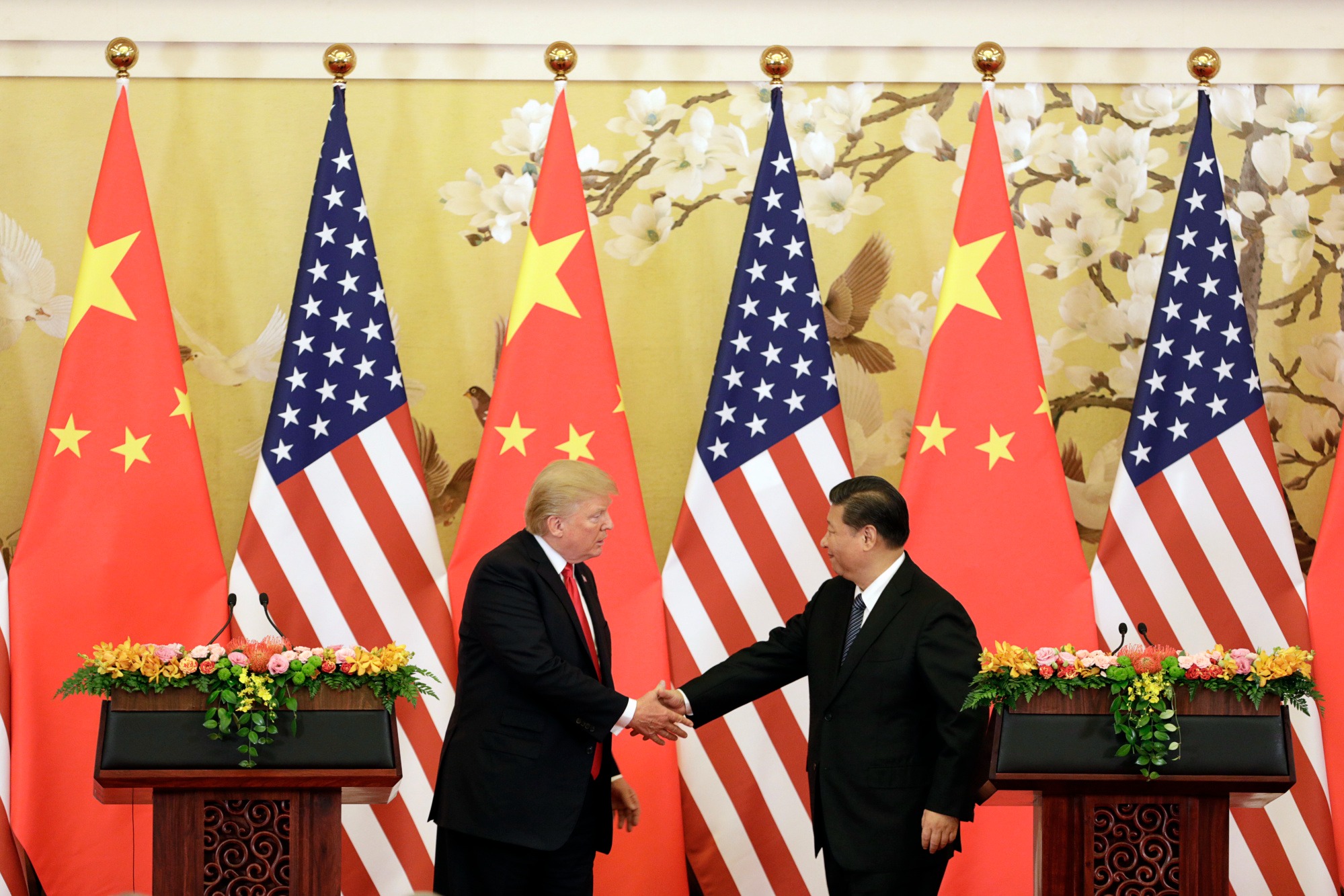In a recent interview on Fox News’ “Sunday Morning Futures,” Donald Trump once again expressed admiration for Chinese President Xi Jinping while simultaneously threatening to escalate economic tensions with China if reelected.
The former president suggested he would consider imposing tariffs on Chinese imports by more than 60 percent, a move that could reignite a trade war.
When questioned by Maria Bartiromo about the possibility of increasing tariffs on Chinese goods and starting a trade war, Trump responded with a firm “No.”

Trump Commends Xi (Credits: Brookings Institution)
Despite stating that he wants China to succeed and praising Xi Jinping as a good friend, Trump hinted at the potential for tariffs exceeding the reported 60 percent figure.
Trump’s effusive praise for Xi Jinping has been a consistent aspect of his rhetoric, aligning with a pattern of flattering dictators and strong-arm leaders during interviews and political events.
His positive portrayal of Xi, whom he has called “smart, brilliant, everything perfect,” serves as a contrast to his criticisms of President Joe Biden, often using foreign leaders’ relationships as a means of critiquing the current administration.
Bartiromo interrupted Trump’s praise, referencing contentious issues such as the Covid-19 pandemic, intellectual property theft, and China’s adversarial actions. She challenged the characterization of Xi as a friend, highlighting the complex nature of the U.S.-China relationship.
While Trump acknowledged their differences, he emphasized his past positive interactions with Xi, asserting that the Chinese leader might not desire his return to the White House. Despite Trump’s amicable rhetoric, it is worth noting that his policies have often been at odds with his flattering language.
Despite initiating a trade war with China in 2018 by imposing significant tariffs, Trump has continued to speak favorably about Xi Jinping.
In the interview, Trump also touched on his stance towards Taiwan, refusing to disclose whether he would defend the island against a potential Chinese attack. He attributed his ambiguity to a desire to maintain negotiating leverage over China.
The former president went on to make unsubstantiated claims about the Chinese Communist Party’s involvement in the surge of Chinese migrants and illegal immigration at the Southern border.
Additionally, Trump asserted that China would interfere in U.S. elections, a claim contradicted by Chinese leader Xi Jinping’s reported assurance to Biden that there would be no interference in the 2024 election.
The U.S. intelligence community has reported increased Chinese efforts to meddle in American politics during the 2022 midterms.
Trump’s complex relationship with China, marked by a blend of admiration and policy conflicts, raises questions about the future trajectory of U.S.-China relations, trade policies, and the broader geopolitical landscape.























